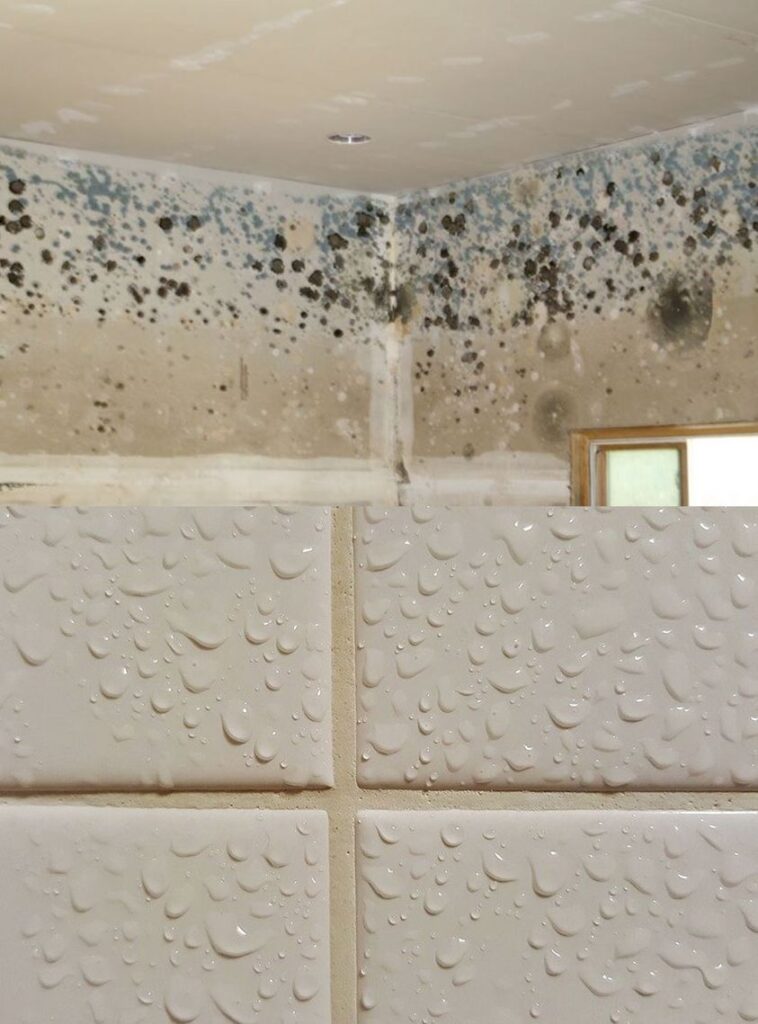During the winter season, frequent rain showers tend to increase the humidity in walls and exterior surfaces. Inside the home, the air is filled with moisture that has nowhere to go, leading to condensation, mold, and mildew. Fortunately, there are steps you can take to protect your home from high humidity levels. Here, we explain how.
Humidity damages your home.
In addition to reducing its visual appeal, increased humidity allows mold spores to spread. It can cause significant damage to the building's structure, including the possibility of water leaks and saltpeter buildup. This mineral salt deposit can cause additional damage over time and is a direct result of high humidity.
Just as your home is affected by moisture, so is your body. Medical professionals at the Mayo Clinic stated that when tiny mold spores are inhaled, your body recognizes them as a foreign substance and produces antibodies to fight the invasion. This can lead to symptoms such as nasal congestion, irritation, and itching of the eyes, nose, or throat.
How to prevent dampness?
It's better to take precautions than to have to deal with the effects later! To avoid the dangerous effects of dampness, you should consider the suggestions given to solve the problem.
